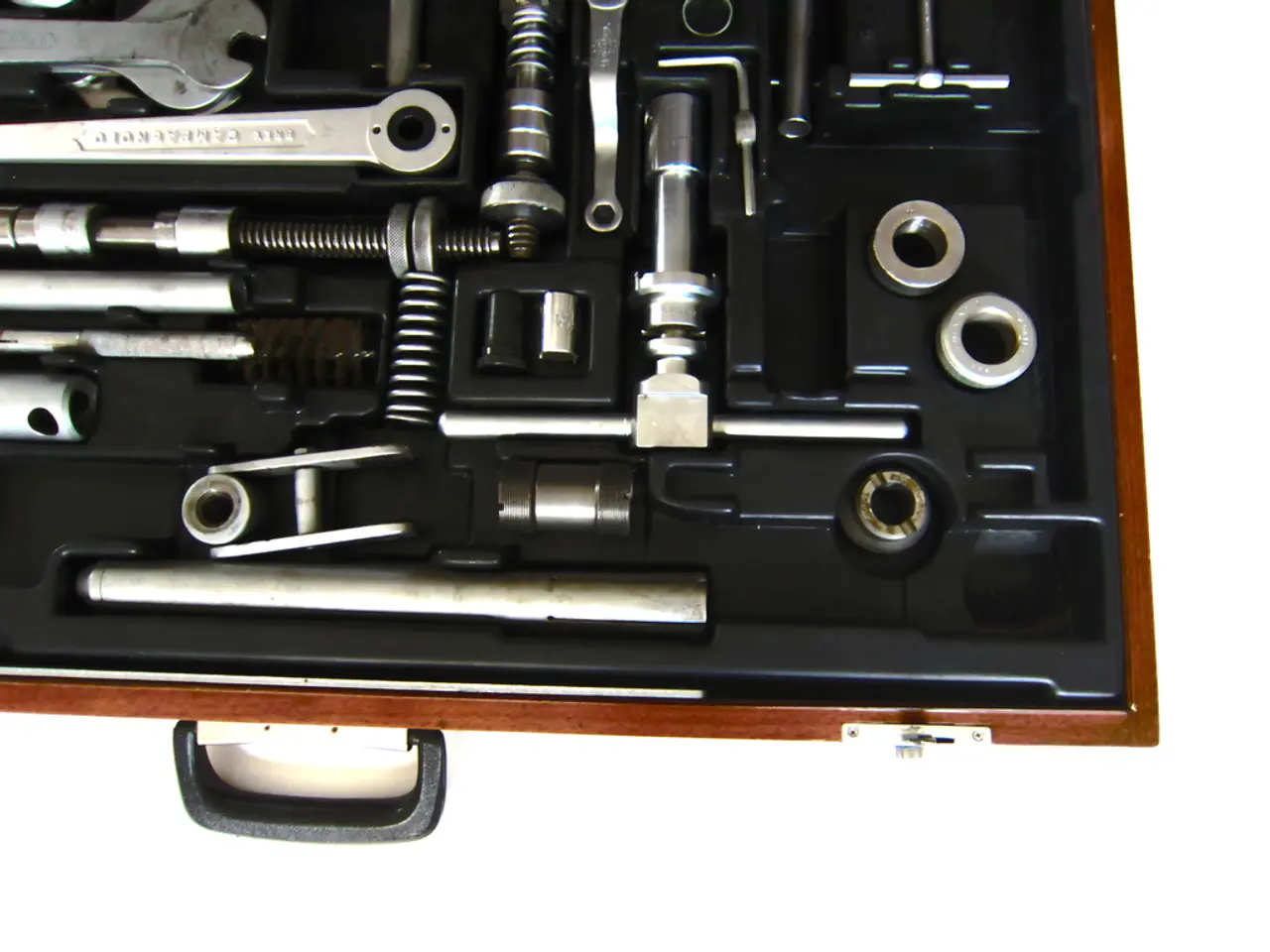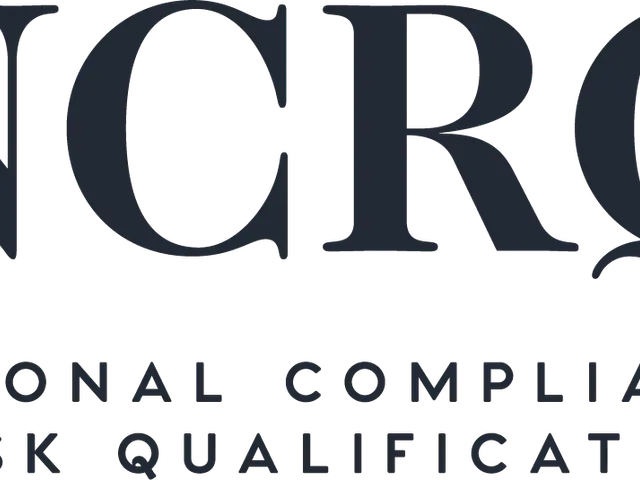EU Securities Industry Braces for T+1 Transition in 2027
The EU securities industry is bracing for a significant change: the switch to T+1 settlement by mid-October 2027. However, a recent 'T+1 Readiness Check' by Cofinpro has raised concerns about the industry's preparedness.
The main hurdle is standardization of trading data. This is not yet uniformly implemented, which could lead to issues during the transition. Currently, the industry faces errors such as 'wrong location' and securities lending problems. The level of automation for settlement processes varies widely, from real-time to multiple daily batch runs. Institutions relying on manual processes or batch processing must act urgently to avoid operational risks and increased costs. Settlement efficiency also varies, with some institutions above 90% and others between 70 and 90%.
Early identification and addressing of potential weaknesses in process chains is crucial. One institution has a manual post-processing share of over 3%, which is high in an automated environment. Fragmentation of the European capital market increases the complexity of implementing T+1. Despite these challenges, there is a lack of information about the preparation status of German and European institutions for this transition.
The EU securities industry is facing a significant challenge with the switch to T+1. While the exact state of readiness is unclear, it is evident that standardization of trading data and automation of settlement processes are key areas to address. Institutions must act promptly to ensure a smooth transition and mitigate potential operational risks.






